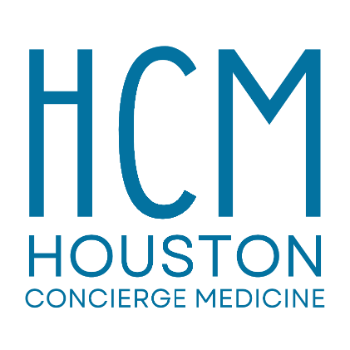Why Everyone’s Talking About Biological Age Testing In Houston, Texas
Saturday, June 21, 2025 | By: Houston Concierge
Have you ever felt younger—or older—than your actual age? You’re not alone. At Houston Concierge Medicine in Houston, Texas, Dr. Gregory Burzynski is at the forefront of advanced biological age testing, helping patients understand how their bodies are truly aging beneath the surface. This emerging field goes beyond the number on your ID to uncover insights into your health, longevity, and wellness potential. In this blog post, we’ll explore the science behind biological age testing—including DNA methylation, inflammation markers, and metabolic health—and how it can shift the way you think about aging. Ready to learn how to age smarter? Dr. Burzynski and his team are here to guide the way.
1. Understanding Biological Age vs. Chronological Age
Biological age refers to how well or poorly your body is functioning relative to your actual birth date. While chronological age is simply the number of years you've been alive, biological age takes into account various health factors.
2. The Importance of Biological Age Testing
Knowing your biological age can impact your health decisions. Rather than following a standard health model, this personalized approach allows for targeted changes in your lifestyle, potentially leading to a longer and healthier life.
3. Key Testing Methods
- DNA Methylation: This is one of the most accurate methods for determining biological age. It examines chemical modifications around DNA that affect gene expression. Researchers have identified specific methylation patterns that correlate with age.
- Inflammation Markers: Chronic inflammation can accelerate aging. Testing inflammation levels through specific blood markers can provide insights into your bodily health and risks of age-related diseases.
- Metabolic and Hormonal Health: Various tests can assess your metabolic functions, such as lipid panels and hormone levels, offering further clues about your biological age.
- Organ Function: Regular assessments of organ functions (like liver and kidney health) can indicate how well your body is aging at a systemic level.
- Cellular Aging: Techniques such as telomere length analysis can give a glimpse into the cellular aging process.
4. The Role of Lifestyle Choices in Biological Age
Understanding biological age isn’t just about the numbers—it’s about the actionable steps you can take to improve them. At Houston Concierge Medicine in Houston, Texas, Dr. Gregory Burzynski works closely with patients to identify lifestyle factors that influence how the body ages on a cellular level.
-Nutrition: A diet rich in antioxidants, whole foods, and anti-inflammatory nutrients can reduce oxidative stress and support healthy aging.
-Exercise: Both aerobic activity and strength training help regulate key biological markers and promote longevity.
-Sleep Hygiene: Quality sleep is essential for cellular repair, immune function, and hormonal balance.
-Stress Management: Chronic stress accelerates biological aging. Dr. Burzynski often recommends incorporating practices like breathwork, yoga, or meditation to support long-term wellness.
By optimizing these key lifestyle areas, patients can actively support a healthier, more youthful biological age.
5. Why People Are Talking About It Now
Recent studies and advancements in testing methods have pushed biological age testing into the spotlight. The intersection of aging research, personalized medicine, and technology has made these tests more available than ever before.
- Celebrity Endorsements: As more celebrities advocate for their experiences with biological age testing, public interest has surged.
- Growing Wellness Industry: The increasing focus on holistic and preventive health has made biological age testing an appealing topic for many seeking improved longevity.
6. How to Get Tested
If you’re curious about your biological age, the first step is seeking a healthcare provider who can administer these tests. Look for comprehensive wellness centers that focus on personalized health.
7. What to Expect After Testing
Once you receive results, it’s crucial to have a thorough discussion with Dr. Burzynski to interpret the data correctly. He will tailor an action plan based on your unique biological age and health markers.
8. Conclusion: A New Perspective on Aging
Your age isn't just a number. At Houston Concierge Medicine in Houston, Texas, Dr. Gregory Burzynski offers advanced biological age testing to help you understand how your body is truly aging—and what you can do about it.
Using tools like DNA methylation and inflammation markers, you can take control of your health with targeted lifestyle changes that support energy, longevity, and well-being.
Ready to align how you feel with how you age? Dr. Burzynski can help you get there.

